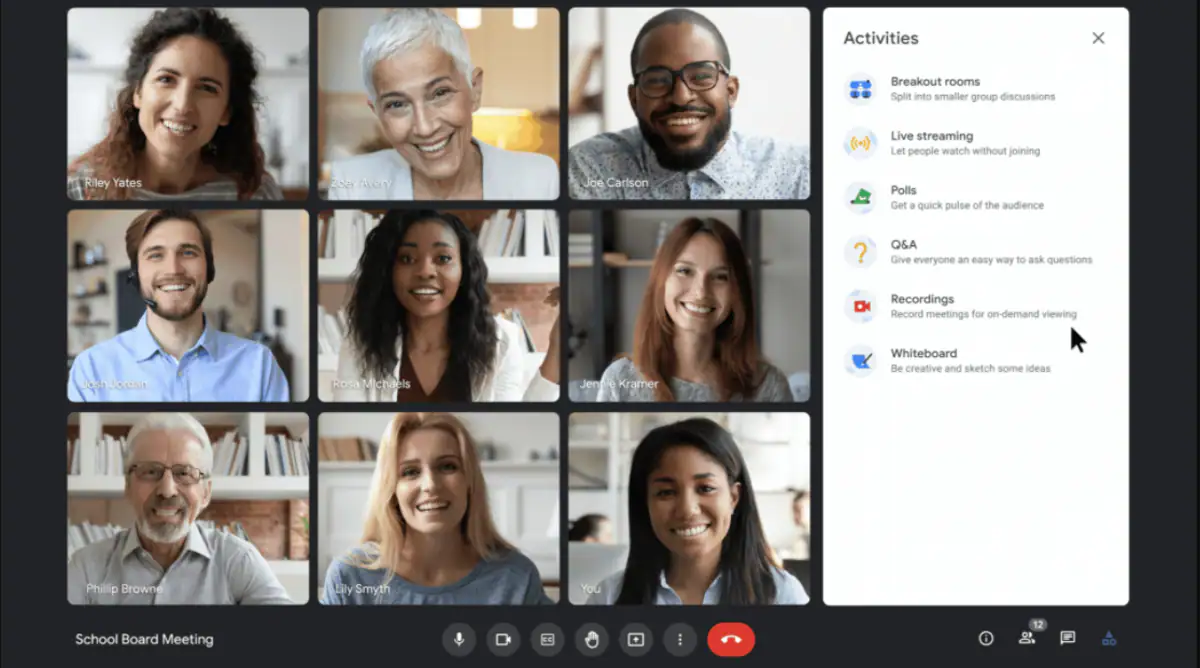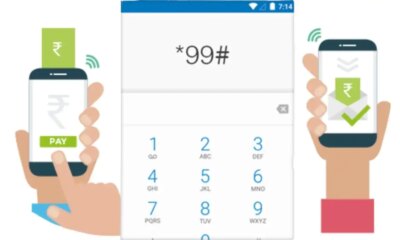Tech
Google Meet Makes Video Calls Better With New Co-Host Settings and Safety Measures

[ad_1]
Google Meet has been one of the most preferred choices to conduct official meetings or education classes online. The search giant keeps upgrading Meet every now and then with new settings and features, as Work From Home continues to be the new normal for most organisations across the globe. In the latest update, Google Meet has added new co-hosting settings, which allows the host to assign co-hosts before the meeting starts, in order to avoid wastage of time. This comes along with the additional update that let the host control safety measures, such as chat lock and present lock.
As the COVID cases are on rise again in India, organisations are shifting to Work From Home set-up which requires meetings to be held through video conferences. Keeping the demand of virtual meetings in focus, Google Meet is introducing new changes and settings.
Google took it to its official blog to announce the latest developments that bring new host controls, and designate co-hosts for a meeting in advance. This option makes it easier for hosts to organise the meetings without any hassle in the first few minutes of starting the virtual conferences. The setting will let the meeting begin on time and go on smoothly.
The co-hosting settings will be available in limited access on Google Workspace Essentials, Enterprise Essentials, Enterprise Standard, Enterprise Plus, Business Standard, Business Plus, Education Fundamentals, Education Standard, Education Plus, and for Teaching and Learning Upgrade subscribers. However, Google Workspace Business Starter, Frontline, Non-profits, legacy G Suite Basic and Business customers will not be able to use the feature anytime soon.
Other settings include controlling safety features, allowing host to enable or disable the use of chat lock and present lock, among others. These pre-setting controls will be made available to all Google users, including Google Workspace customers, as well as legacy G Suite Basic and Business customers.
The features are currently on a global rollout, starting April 20. It may take up to 15 days for the features to be visible to all users.
[ad_2]
Source link














